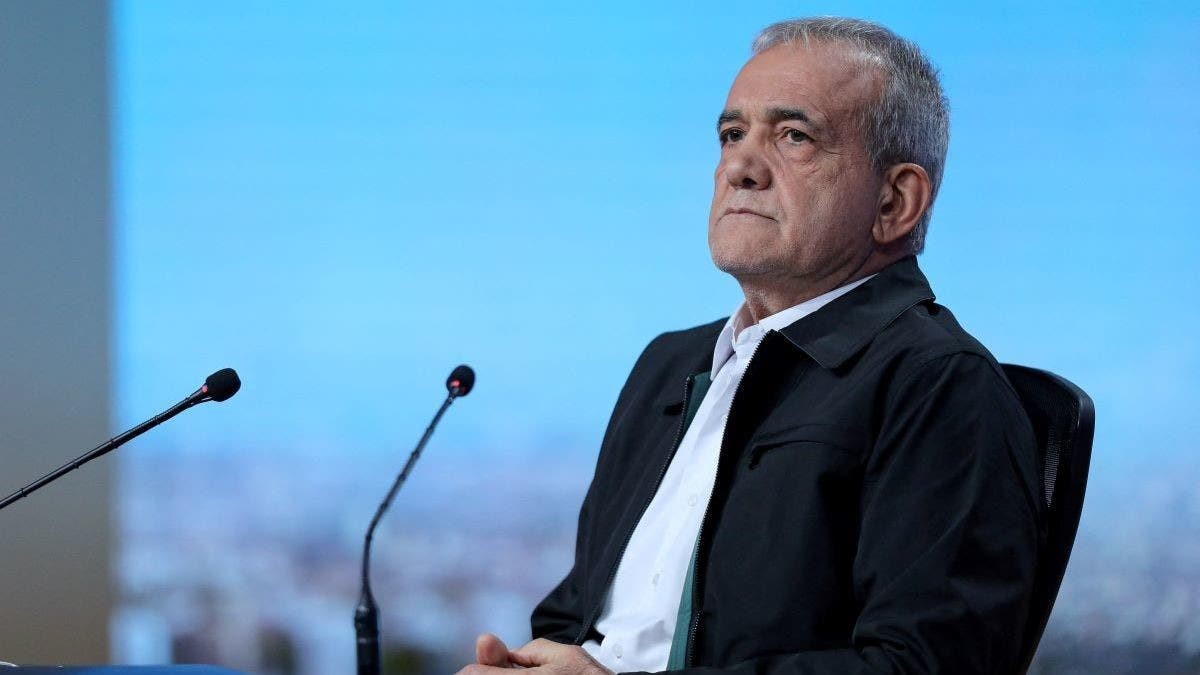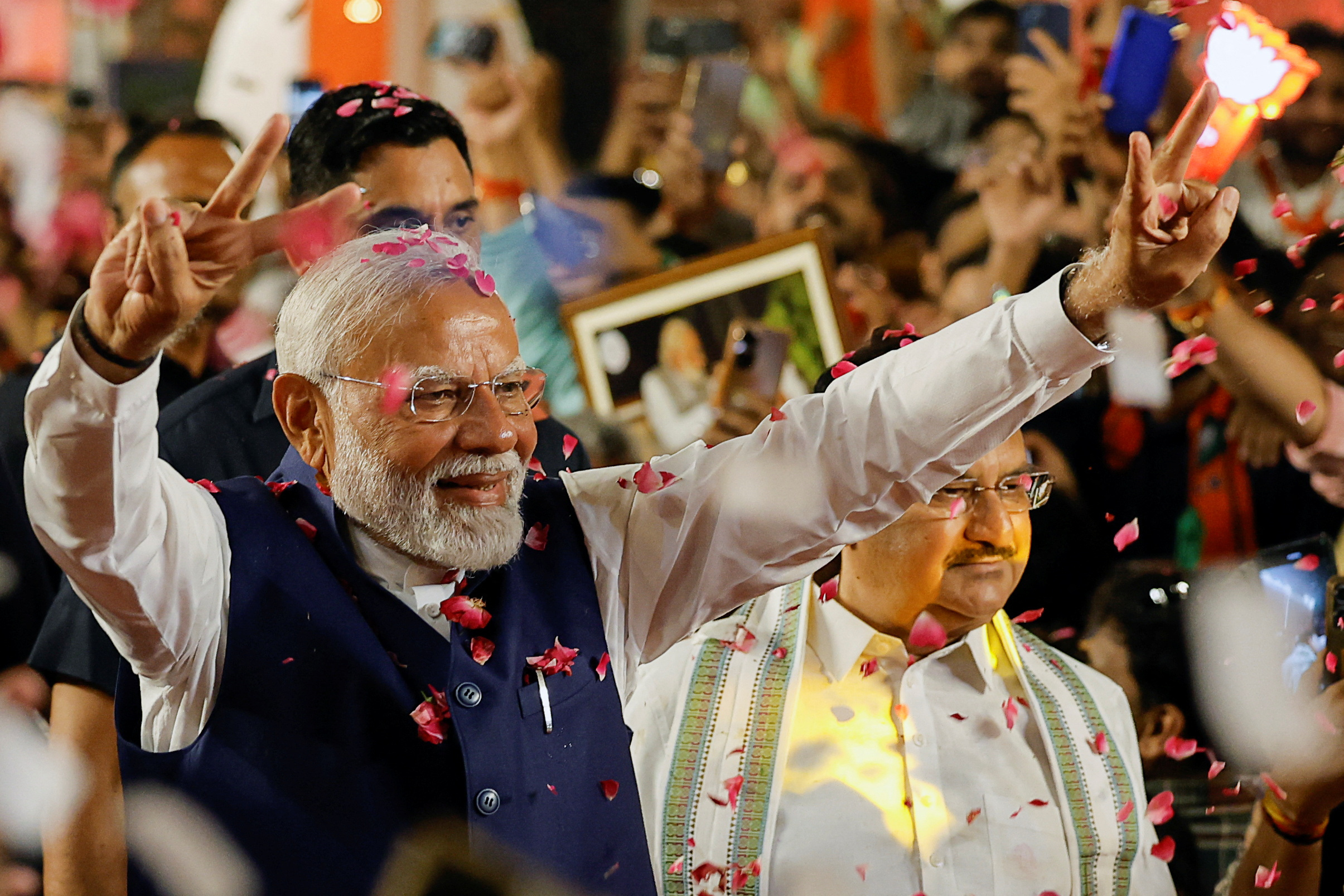Trinidad and Tobago is a twin-island nation located in the Caribbean. Here is some information about its political system:
- Governance: Trinidad and Tobago is a parliamentary democracy, where the President is the head of state, and the Prime Minister is the head of government. The President is elected by an Electoral College consisting of members of Parliament and serves as a ceremonial figure. The Prime Minister is the leader of the political party with the majority of seats in the Parliament and is responsible for running the government.
- Executive Branch: The executive power is vested in the President and the Cabinet, which is headed by the Prime Minister. The Cabinet members are appointed by the President and are responsible for implementing government policies and managing the various ministries.
- Legislature: The Parliament of Trinidad and Tobago is a bicameral legislature consisting of two chambers: the House of Representatives and the Senate. The House of Representatives has elected members known as Members of Parliament (MPs) who represent various constituencies. The Senate consists of appointed members known as Senators. The Parliament is responsible for making laws and overseeing the functioning of the government.
- Political Parties: Trinidad and Tobago has a multi-party system, with several political parties competing in elections. The major political parties include the People’s National Movement (PNM), the United National Congress (UNC), and the Movement for Social Justice (MSJ), among others. Elections are held periodically, and political parties play a crucial role in shaping the country’s governance.
- Elections: General elections in Trinidad and Tobago are held every five years to elect members of the House of Representatives. The Prime Minister is typically the leader of the political party that secures a majority of seats in the House of Representatives. The President appoints Senators, including independent Senators and Senators nominated by the Prime Minister and the Leader of the Opposition.
- Human Rights and Freedom of Expression: Trinidad and Tobago generally respects human rights and upholds freedom of expression. However, there have been concerns regarding issues such as gender-based violence, discrimination, and access to justice. Efforts are being made to address these challenges and improve human rights protections.
- International Relations: Trinidad and Tobago maintains diplomatic relations with various countries and is a member of international organizations such as the United Nations (UN), the Commonwealth of Nations, and the Caribbean Community (CARICOM). The country actively participates in regional and international affairs, focusing on issues such as regional integration, trade, and climate change.



